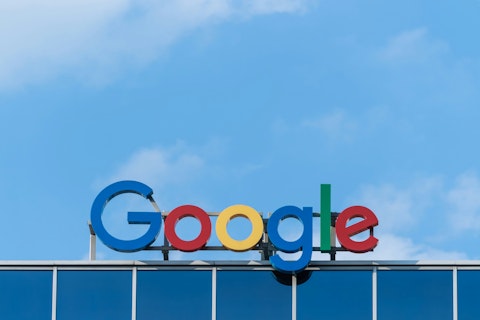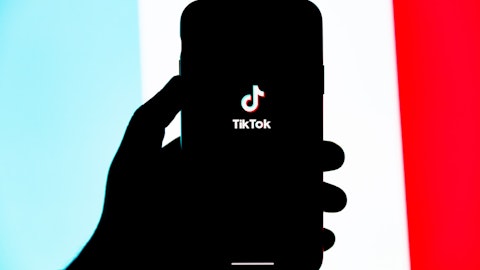OpenAI entered the search engine world in October when it announced SearchGPT, an AI platform that would respond to prompts using existing resources on the internet. The original ChatGPT platform did not have the ability to crawl the internet and used its own knowledge to answer queries. This knowledge was also limited, as ChatGPT wasn’t trained on recent data in many cases, making it useless for people doing research.
Things have changed now. While SearchGPT was only available to premium users, it has now been rolled out to all free users as well. It is worth contemplating the motives behind it. Google already uses search results to give more useful AI responses. Perplexity AI works similarly and made waves when it first launched its service. ChatGPT was well behind both of these companies, but now stands shoulder to shoulder with them after launching SearchGPT for all users.

As far as Perplexity AI is concerned, this should have a direct negative impact on them. Their USP was the ability to search the internet and then present an organized response to queries. ChatGPT can now do the same. But the question everyone is asking is whether this also impacts the search engine giant Google.
Competing with Google is easier said than done. Picture this: A couple of years ago, Google had a market share in mobile search of 95%. Today, it still has a market share of 94%. Amidst all the AI developments including Perplexity AI and SearchGPT, Google’s market share has hardly been dented.
Desktop search market share paints a similar picture. Google’s market share has come down from 87% to 81%, mainly due to Bing’s resurgence on the back of Microsoft’s AI initiatives. There is a reason for Google’s dominance here. Google search engine continues to be the default search engine on many devices and browsers, most prominently Apple devices. It’s an issue that has repeatedly been criticized by regulators, so much so that there have been demands from the Department of Justice for Google to divestify Chrome.
Recent developments don’t paint a good picture for Alphabet, Google’s parent company. Lawmakers have been coming down on them hard. But with Big Tech leaders meeting Donald Trump before he takes oath, we still don’t know if the regulators can successfully tackle Big Tech’s monopoly.
In short, SearchGPT isn’t a threat to Google, for now. It would need to do much more than just crawl the internet if it intends to dent Google’s market share. We’re therefore bullish on Google’s dominance despite competition and regulatory risk.
Alphabet is 4th on our latest list of the 31 Most Popular Stocks Among Hedge Funds. As per our database, 202 hedge fund portfolios held GOOG at the end of the third quarter which was 216 in the previous quarter. While we acknowledge the potential of GOOG as a leading AI investment, our conviction lies in the belief that some AI stocks hold greater promise for delivering higher returns, and doing so within a shorter timeframe. If you are looking for an AI stock that is as promising as GOOG but that trades at less than 5 times its earnings, check out our report about the cheapest AI stock.
READ NEXT: $30 Trillion Opportunity: 15 Best Humanoid Robot Stocks to Buy According to Morgan Stanley and Jim Cramer Says NVIDIA ‘Has Become A Wasteland’.
Disclosure: None. This article was originally published at Insider Monkey.





